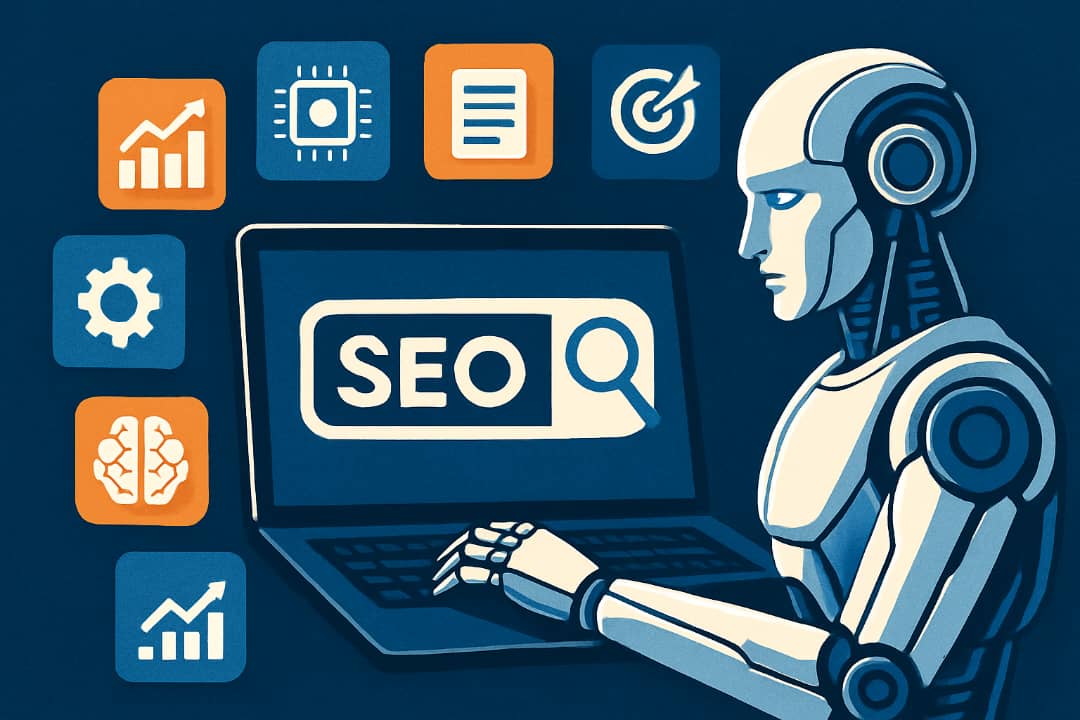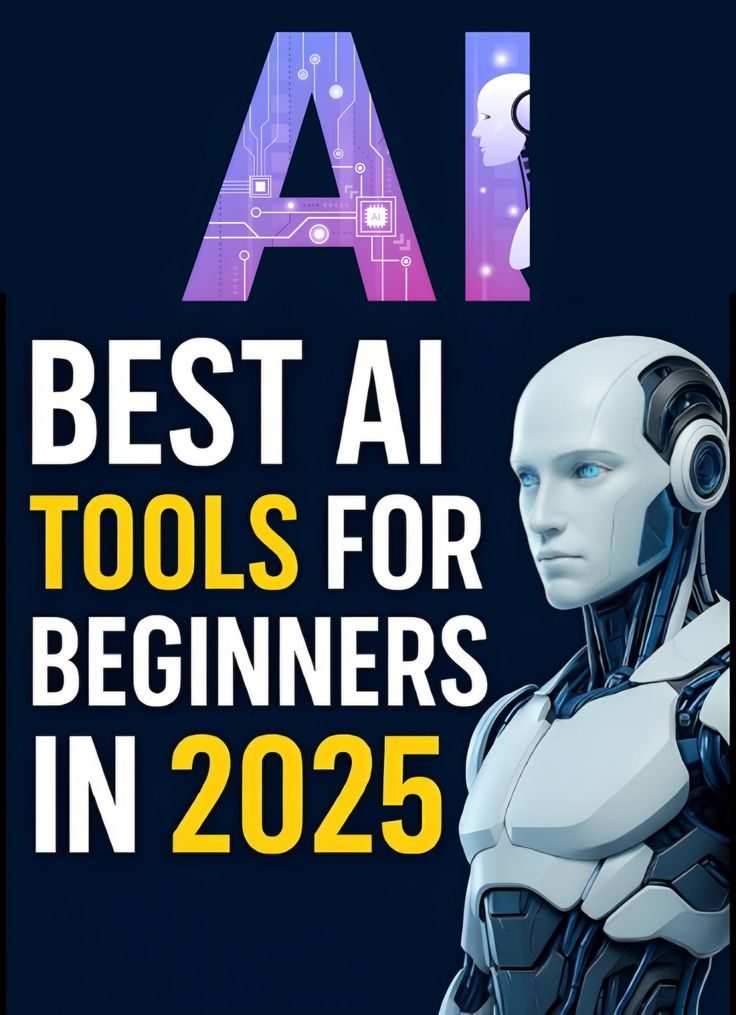Your cart is currently empty!
The Top AI Tools for Coding in 2025 are revolutionizing software development by helping developers write cleaner code faster and smarter. These advanced artificial intelligence solutions are reshaping coding workflows, boosting productivity, and enabling innovative programming techniques. Let’s dive into how developers are leveraging these tools to stay competitive in 2025.
Introduction:
The Top AI Tools for Coding in 2025 are transforming the way developers write, debug, and optimize code. As artificial intelligence continues to evolve, these tools offer powerful features that streamline software development, improve accuracy, and accelerate project timelines.Top AI Tools for Coding in 2025: How Developers Are Leveraging Artificial Intelligence In this article, we explore the most effective AI-powered coding assistants and platforms that developers are leveraging to stay ahead in the fast-paced tech world.
AI coding tools use machine learning, natural language processing (NLP), and massive codebase training data to understand, generate, and improve code. These tools act like smart assistants, helping programmers write code faster, reduce syntax errors, and automate repetitive tasks. As artificial intelligence in programming continues to evolve, so does the accuracy and utility of these tools.
Top AI Tools for Coding in 2025
-
GitHub Copilot
Powered by OpenAI Codex, GitHub Copilot is a leading AI tool for coding. It suggests entire lines or blocks of code as you type, based on context and comments. It supports many languages such as Python, JavaScript, and Go, and integrates seamlessly into VS Code. -
Amazon CodeWhisperer
Integrated with AWS services, CodeWhisperer is designed to help developers write cloud-ready applications faster. It uses real-time context to recommend code snippets and supports security scanning. -
Tabnine
Tabnine is an AI code completion tool that works both in the cloud and offline. It’s known for privacy-first features and team collaboration tools, making it ideal for enterprise use. -
Codeium
A rising AI-powered code generation tool, Codeium offers real-time code suggestions and is compatible with over 20 programming languages. It’s free and designed with developer productivity in mind. -
OpenAI Codex
This is the core engine behind many AI tools like Copilot. Codex can understand natural language prompts and turn them into executable code, which is especially useful for rapid prototyping.
Benefits of AI in Software Development
-
Increased Speed: AI dramatically cuts down the time required to write and debug code.
-
Enhanced Accuracy: These tools help identify logic errors and syntax mistakes early.
-
Learning Support: Junior developers gain insights and learn best practices by watching AI-generated code.
-
Automation: From writing tests to generating documentation, AI helps automate many parts of development.
Challenges of Using AI Tools for Coding
While the advantages are substantial, there are also risks. AI-generated code may not always be secure or optimized. Developers must carefully review outputs to avoid introducing vulnerabilities. Additionally, the use of public training data can raise legal and ethical concerns about intellectual property.
Future of AI in Coding
The future of AI in software development is incredibly promising. We can expect smarter IDEs, more accurate code predictions, and even fully autonomous coding assistants. Developers will focus more on problem-solving, architecture, and innovation, while AI handles the repetitive groundwork.
Conclusion
In 2025, AI tools for coding have become indispensable assets for developers. Whether you’re a beginner learning Python or a senior engineer managing enterprise codebases, embracing artificial intelligence in programming can lead to faster, smarter, and more reliable software development.
Would you like this article formatted for a blog, with meta descriptions and tags? Or would you prefer a downloadable version (PDF, Word, or HTML)?








